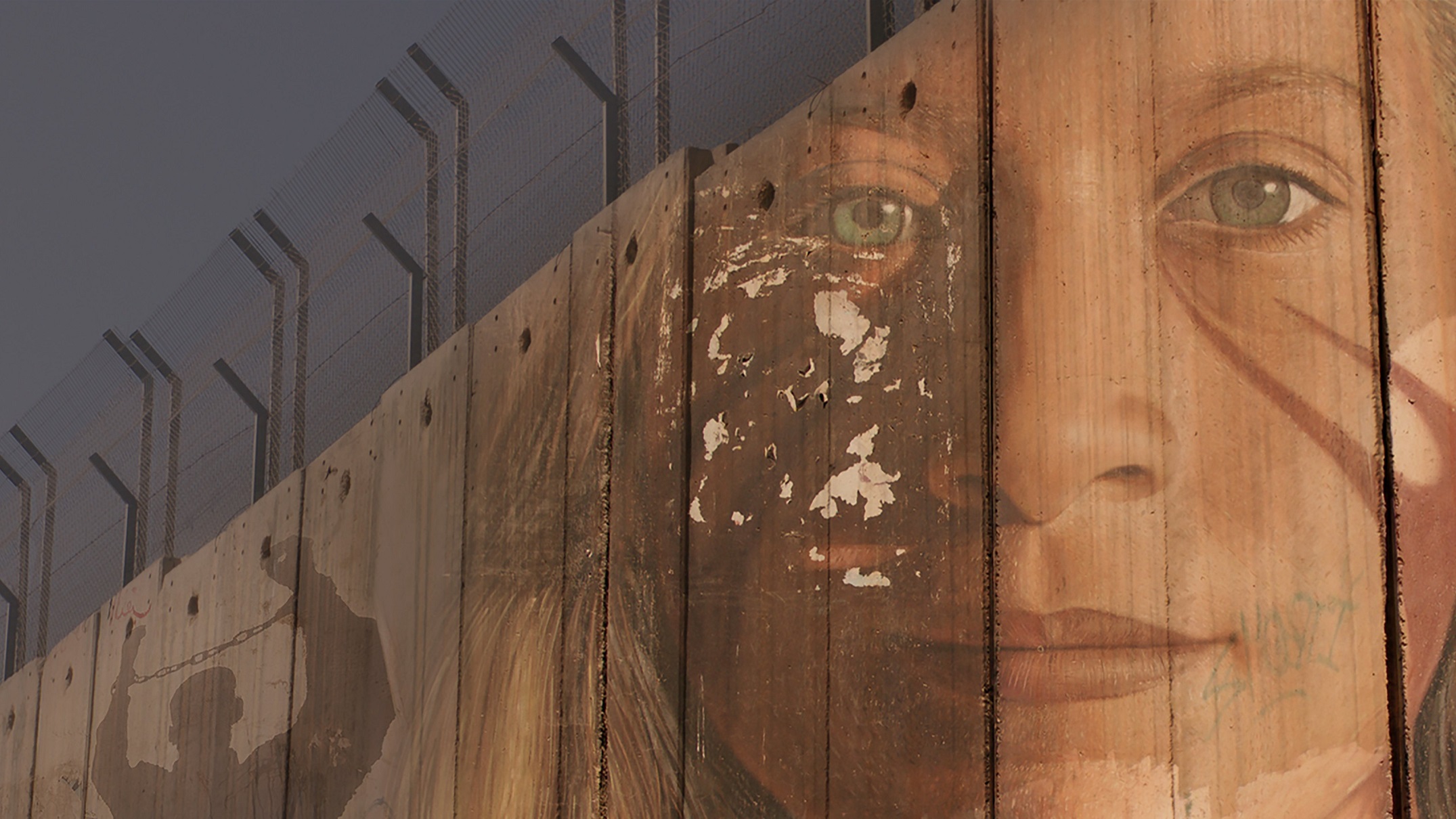
Olive trees were an integral part of Rinad Tamimi’s early life growing up in the West Bank town of Hebron, in Palestine.
"I always remember going to my grandma’s house and harvesting olives with her when the season comes. Her kitchen would be full of olives and then she would pickle the olives and she would do all sorts with the olives.
"Those memories, I will always cherish them."
That love of the fruit so intimately tied to Mediterranean cuisine was passed down to Tamimi’s mother, who would incorporate them in countless dishes.
"So, I remember those olives getting used in so many of her dishes as well."
Tamimi, who has lived in Dunedin since 2008, hopes that one day soon she might take her own daughter back to Palestine to meet her grandparents and taste the culture.
That the olive trees she remembers will still be standing is a part of that hope. But not certain.
It is estimated that up to a million olive trees have been destroyed by the Israeli state and illegal settlers since 1967.
There have been further incidents in recent weeks of Palestinian orchards in the West Bank being burned, the Times of Israel reporting that "extremist settlers" had set fire to trees near the Palestinian village of Burqa, near Ramallah.
"I guess they just take it as one of the ways to colonise Palestinians. They know how much we care about the olive trees. They know how much we care about harvesting those olives," Tamimi says.
"It’s all part, at this point, of the whole plan — the ethnic cleansing."
A new documentary to be shown in Dunedin in the coming week puts another lens on the situation in Israel and Palestine, and indeed the olive tree.
Where Olive Trees Weep examines the occupation of Palestinian lands by the Israeli state, talking to those who have witnessed it first hand.
Its title refers to Palestinian poet Mahmoud Darwish’s quote: "If the olive trees knew the hands that planted them, their oil would become tears".
The documentary is the work of film-makers Zaya and Maurizio Benazzo, and was originally intended as the first in a series covering the intergenerational trauma caused by colonisation. However, recent events prompted its early release.
It was shot before the current war in Gaza, in mid-2022, in Jerusalem, Tel-Aviv, and the occupied territory of the West Bank: Jericho, the Jordan Valley, Hebron, Bethlehem, and the outskirts of Ramallah.
In a statement, the film-makers say they tried to honour the trauma legacy that led many Jews to immigrate to the new state of Israel, while unpacking the deeply dangerous and disingenuous notion that this was a "land without a people, for a people without a land".
"We deliberately chose to listen to and centre the voices of the underrepresented, the oppressed, the colonised, the dehumanised, the underdogs that many Western audiences rarely get a chance to hear or connect with on a human level," they say.
Among others, the film interviews Palestinian journalist Ashira Darwish, activist Ahed Tamimi, a young woman first arrested at age 16 and held for seven months, and Holocaust survivor Dr Gabor Mate.
Initiatives that proceeds from the film will support include Treedom for Palestine, which plants new orchards on Palestinian land.
It’s further proof of olive trees’ central place.
"I think we definitely take the trees as a symbol of resistance, as a symbol of existence," Rinad Tamimi says.
It has also long symbolised peace, which is what she now hopes for most, for all sides.
"For some humanity, for everyone, but mainly for peace for everyone at this point. Everyone deserves peace."
The film
•Where Olive Trees Weep screens at St David Lecture Theatre, University of Otago, Wednesday, July 3, 7.30pm. $10, door sales only.












